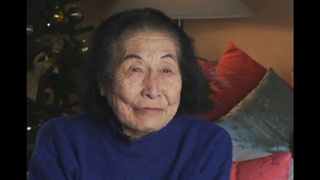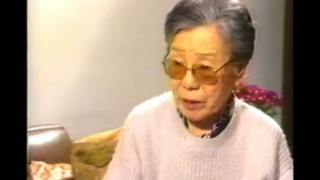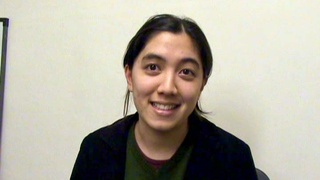Interviews
Father’s will to have Japanese education
I went through grade school up to grade 8 public school, and then from grade 9, 10 and 11, I went through Mission High School. And it was during, while I was in Mission High School grade 11 from September to, September to December. And in September of 1938 my father died. And my father, before he died, he told my mother, he says, "You take," me, my younger sister, my two younger sisters to Japan. He says, "Give 'em a Japanese education." He says, "Now, once you did that, they'd be on their own, so no problem." So based on that, my mother took me and, took me and my two sisters after Christmas, I think, or just before Christmas.
Date: October 29, 2005
Location: Toronto, Canada
Interviewer: Norm Ibuki
Contributed by: Sedai, the Japanese Canadian Legacy Project, Japanese Canadian Cultural Center














